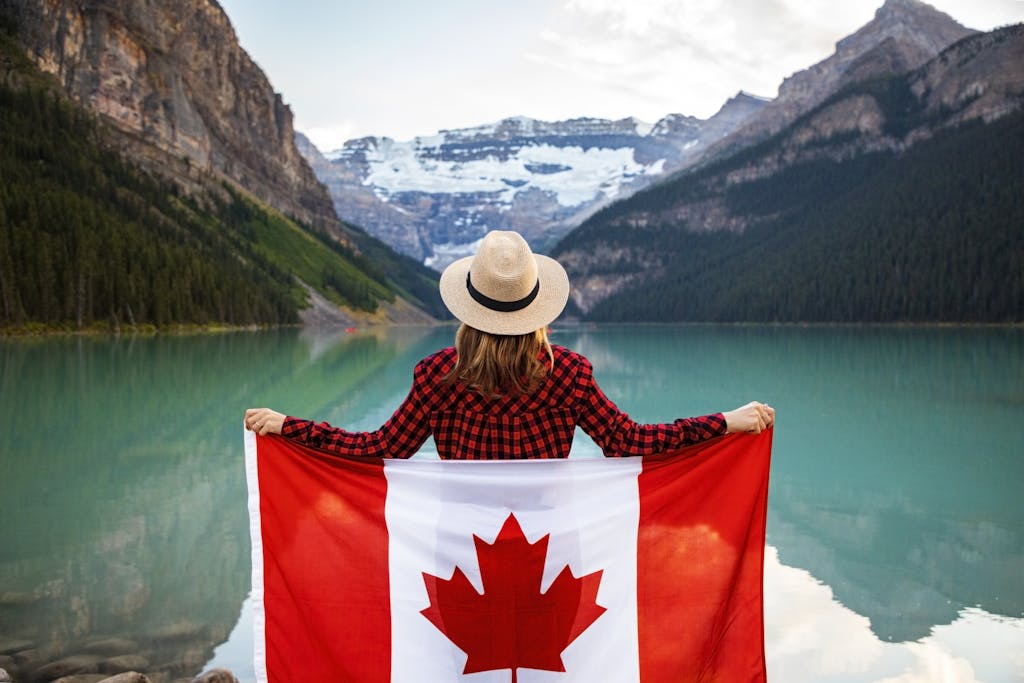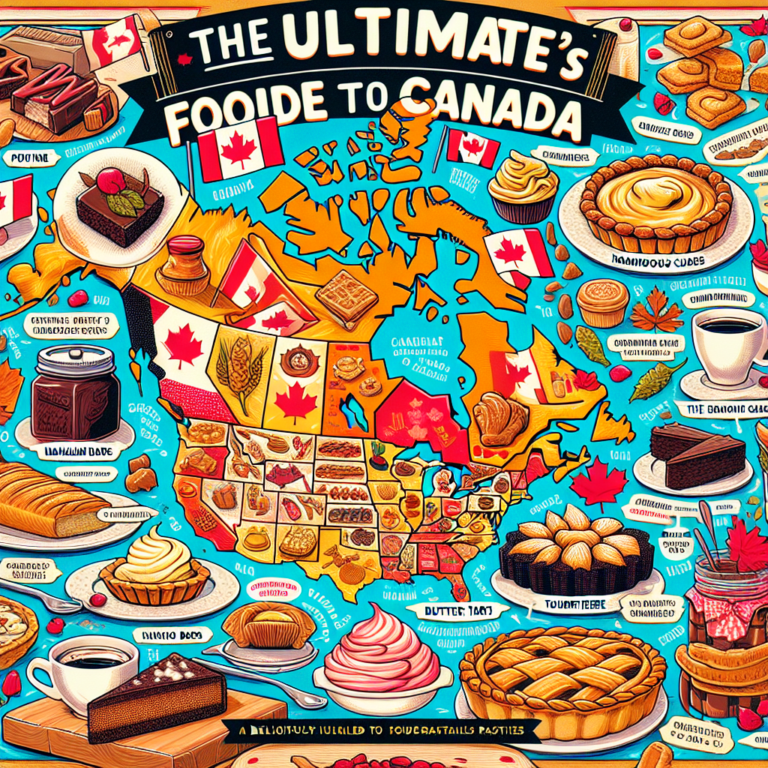10 Things to Know Before Moving to Canada
Moving to a new country is a thrilling adventure. It’s also a significant life change that requires careful planning.
Canada, with its diverse culture and high standard of living, is a popular destination for immigrants. But what do you need to know before packing your bags?
This guide will provide a comprehensive checklist for your move to Canada. From understanding the healthcare system to navigating the job market, we’ve got you covered.
Stay tuned as we delve into the top 10 things you should know before embarking on your Canadian journey.
1. Essential Documentation for Canadian Immigration
Before you can start your new life in Canada, you’ll need to secure the right documents. This process can be complex, but it’s crucial to your successful move.
The first step is determining your immigration status. Will you be moving as a permanent resident, a student, or a temporary worker? Each category has its own set of required documents.
Here are some of the key documents you might need:
- Visa or Electronic Travel Authorization (eTA)
- Work or study permit
- Confirmation of Permanent Residence (COPR) and entry visa
- Proof of funds
- Medical exam confirmation
- Police certificates
Remember, the specific documents required may vary depending on your situation. Always check the latest information from the official Canadian immigration website.
2. Understanding the Canadian Healthcare System
Canada’s healthcare system is publicly funded, meaning it’s mostly free at the point of use. It’s funded by taxes and administered by each province or territory.
However, it’s important to note that not everything is covered. Prescription drugs, dental care, and vision care often require private insurance. As a newcomer, you may not be eligible for public healthcare immediately.
Therefore, it’s advisable to have private health insurance to cover any health needs during this period. Understanding the healthcare system before you arrive can help you navigate it more effectively once you’re there.
3. Housing in Canada: Renting and Buying
Securing a place to live is a crucial step in your moving to Canada checklist. The housing market varies across the country, with cities like Vancouver and Toronto being particularly expensive.
Renting is a common choice for newcomers. It’s advisable to secure temporary accommodation before your arrival, then explore different neighborhoods to find a place that suits your needs and budget.
If you’re considering buying a property, be aware that the process may be different from your home country. It’s important to understand the local real estate market and mortgage system before making a purchase.
4. Setting Up Your Finances: Banking and Taxes
Managing your finances is a key aspect of settling in Canada. Opening a local bank account should be one of your first tasks upon arrival. Canadian banks offer various services, including checking and savings accounts, credit cards, and loans.
Understanding the Canadian tax system is also crucial. As a resident, you’ll be required to pay federal and provincial taxes. These taxes fund public services like healthcare, education, and infrastructure.
Here are some key points to remember:
- Obtain a Social Insurance Number (SIN) for employment and access to government programs.
- Understand the tax filing process and deadlines.
- Be aware of potential tax benefits and credits.
5. Employment and Education: Job Market and Schooling
Canada boasts a robust job market with opportunities in various industries. It’s wise to research your field before moving. Some professions may require credential recognition for foreign qualifications.
If you’re moving with children, understanding the Canadian education system is vital. Education is a provincial responsibility, and the curriculum may vary. However, high standards are maintained across the country.
Remember, building a social network can aid your job search. Volunteering is a great way to meet people and integrate into the community. For your children, schools offer a diverse environment for learning and making friends.
6. Canadian Culture and Social Etiquette
Canadian culture is a blend of British, French, and Indigenous influences, with a dash of American. It’s also shaped by the vibrant multiculturalism of its immigrant population. Understanding and respecting this diversity is key to integrating into Canadian society.
Canadians are known for their politeness and respect for personal space. They value punctuality and direct, yet courteous communication. It’s also common to hold doors for others and apologize, even if the fault isn’t yours.
Participating in local festivals and national holidays is a great way to immerse yourself in Canadian culture. Sports, particularly hockey, play a significant role in Canadian life.
7. Language Proficiency: English and French
Canada has two official languages: English and French. English is the most widely spoken language, but French is predominant in Quebec and parts of New Brunswick. Having proficiency in one or both can ease your transition.
Language proficiency is often a requirement for jobs, especially in public services. It’s also essential for day-to-day tasks like shopping, banking, and accessing services. If you’re not fluent, consider taking language classes or using language learning resources.
Remember, understanding Canadian humor and cultural references can also help you connect with locals. It’s part of the language learning journey that goes beyond grammar and vocabulary.
8. Cost of Living: Vancouver and Ottawa
The cost of living in Canada can vary greatly depending on the city. Vancouver, known for its high housing prices, is one of the most expensive cities. However, it offers a high quality of life and stunning natural beauty.
Ottawa, on the other hand, has a lower cost of living. It’s a city with a small-town feel, rich in culture and history. Despite being the nation’s capital, housing is more affordable compared to Vancouver.
Remember, the cost of living includes more than just housing. Consider expenses like groceries, transportation, healthcare, and taxes when budgeting for your move.
9. Weather and Clothing: Preparing for Canadian Climates
Canada’s weather is as diverse as its landscape. From mild coastal climates in Vancouver to harsh winters in the Prairies, be prepared for a range of weather conditions.
In colder regions, investing in quality winter gear is essential. This includes warm clothing, snow boots, and possibly even tire chains for your vehicle.
Remember, the weather can greatly impact your lifestyle and daily activities. So, consider the climate of your chosen city when moving to Canada. It’s all part of embracing the Canadian way of life.
10. Building a Social Network and Community Connections
Moving to a new country can be daunting. But, building a social network can make the transition smoother. In Canada, community connections are highly valued.
There are numerous ways to meet people. Join local clubs, participate in community events, or volunteer. These activities can help you understand Canadian culture better.
Remember, it’s not just about making friends. Networking can also open doors to job opportunities and help you settle in faster. So, don’t hesitate to reach out and make connections. It’s an essential part of your moving to Canada checklist.








